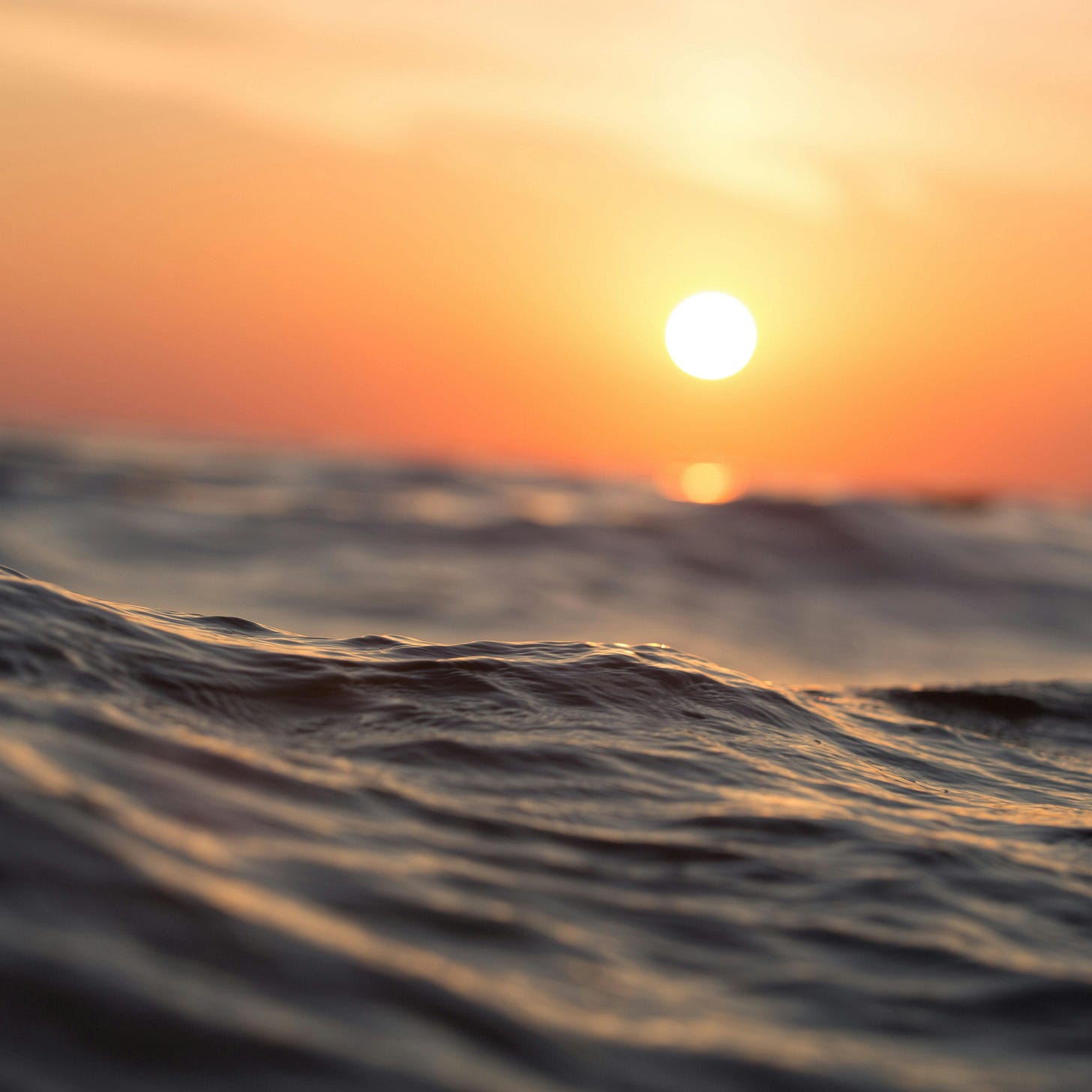How Pure Carbon Blue's water-based carbon capture could help decarbonise aviation
Dutch startup Pure Carbon Blue plans to deploy its direct water capture technology to capture 1 gigaton of carbon by 2030.
Dutch startup Pure Carbon Blue is charting an innovative course toward sustainability with its direct water capture (DWC) technology.
Unlike conventional direct air capture (DAC) methods, which pull carbon from the atmosphere, Pure Carbon Blue targets water, where CO2 is more highly concentrated.
According to founder and CEO Marc Goedkoop, the company captures carbon from water to create carbon-neutral feedstock for producers of sustainable food, fuels and materials. Goedkoop sees this novel approach as a promising avenue to contribute to aviation's challenging journey toward net-zero emissions targets.
The technology leverages the fact that carbon concentration in water is over 100 times higher than in air. Speaking to Sustainability in the Air, Goedkoop noted that "Water continuously regains its capacity to draw CO2 from the atmosphere to find its new equilibrium. So indirectly it also cleans the air."
The process works in two stages: first, it extracts the CO2 gas from water, then purifies it by removing nitrogen, oxygen, and other trace elements. This purified carbon can then be transferred directly to nearby industrial producers or secure storage facilities.
Since developing its initial tabletop model in 2021, Pure Carbon Blue has set about proving the technology. Goedkoop says that the first pilot installation, successfully tested in Dutch canals under varying seasonal conditions, is at Technology Readiness Level 5.
Cost and efficiency factors
Pure Carbon Blue estimates its costs at between $100-250 per ton of captured carbon, making it potentially more economical than traditional DAC methods where CO2 costs can be as much as 5x that.
Goedkoop emphasizes that direct water capture has a cost advantage due to the higher concentration of CO2 in water compared to air, while also requiring less land.
He further highlights the technology's simplicity and versatility of deployment, noting that all that's needed is a body of water, renewable energy, and a small space for the system. This ease of deployment supports scalability and cost-efficiency, enabling installations worldwide in diverse environmental conditions.
For aviation specifically, Goedkoop identifies two key opportunities:
Providing bio-carbon feedstock crucial for producing electro-sustainable aviation fuel (eSAF),
Offering carbon offsetting mechanisms that, according to several airline net zero plans, could comprise up to 10% of airlines' decarbonisation roadmaps alongside DAC.
This initiative aligns with the EU's mandate for synthetic SAF adoption, set at a minimum of 1.2% by 2030. "If we truly want to meet net zero in 2050," Goedkoop noted, "then we need to start building capacity, make it available."
As a result, he envisions a future where passengers and freight forwarders can select airlines based on their sustainability credentials, with Pure Carbon Blue potentially becoming a reliable supplier of bio-carbon feedstock for sustainable aviation fuel.

Market strategy and scaling
Pure Carbon Blue is pursuing multiple sectors simultaneously – including food production, fuels, specialty chemicals, and permanent storage – to manage risk and accelerate growth.
Goedkoop acknowledges uncertainty about which markets will develop fastest, emphasising the need to engage with quick-moving sectors to generate revenue and build capacity.
Their ambitious target is to establish 1 gigaton of bio-carbon capture capacity globally by 2030.
Achieving this goal hinges on forming robust global partnerships. "Upon success, we intend to roll it out in collaboration with partners throughout the world," Goedkoop stated.
The future
Looking ahead, Goedkoop hopes that by 2030, carbon removal will be considered a normal business practice rather than a voluntary market activity.
"I hope that in 2030 we'll consider carbon removal as normal and that we don't need to speak any longer about a voluntary market.”
Meanwhile, as aviation continues its challenging journey toward decarbonisation, Pure Carbon Blue's water-based carbon capture method not only provides critical sustainable fuel feedstock but also offers a crucial component in addressing aviation's complex carbon emissions challenge, in offering carbon removal.
Pure Carbon Blue is only the latest in a series of innovative Dutch water-carbon capture companies. This growing cluster highlights the country's emerging leadership in water-based carbon capture technologies.
In January, we highlighted the 'blue economy' as one of the sectors we'd be watching in 2025. Pure Carbon Blue joins others like Sea02 and Brineworks (see our profile) in leveraging the Netherlands' abundant water resources to pioneer climate solutions.
For March 2025, we’re pleased to feature 4AIR as our exclusive Sponsor of the Month. 4AIR is leading the way with the industry’s first framework to address aviation’s climate impact – offering clear, verifiable pathways to reduce and counteract emissions. Discover their services, including compliance monitoring and The Assure SAF Registry, to advance your sustainability efforts.





